Quarterly Newsletter - July 2021 - Issue No. 11
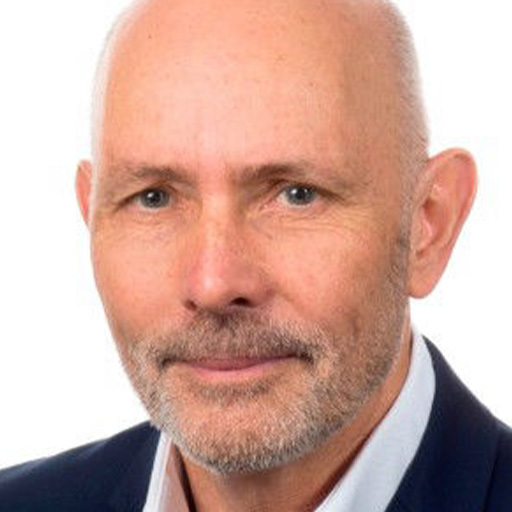
|
Welcome to the eleventh edition of the Global Psoriasis Atlas (GPA) newsletter. Here in the UK, as of the 19th July, most COVID restrictions have been lifted, although masks are required on public transport, mainly because of the success of the vaccination programme. A sense of nervous normality prevails. Unfortunately, I know that this is not the case around the world with many countries such as Australia and Taiwan once again entering national lockdowns. I would like to thank our Coordinators and research collaborators for continuing to work diligently in support of the GPA despite the struggles of the pandemic.
|
|
Since I last wrote to you, the GPA has accumulated a number of successes such as the publication of Alex Trafford’s paper examining cancer events in PLOS ONE and the presentation of Maha Abo-Tabik’s poster examining the early diagnosis of psoriasis at the 6th World Psoriasis and Psoriatic Arthritis Conference, both of which you can read about below. Both Darren Ashcroft and I also lectured on the GPA at the Congress. Medical Coordinator, Tatjana Maul, has been working tirelessly on the GPA healthcare survey which will be ready for rollout once the final revisions have been made. The purpose of the GPA survey is to enable further mapping of psoriasis on a local and regional level and to help us gain a better understanding of common psoriasis characteristics.
|
|
Research collaborations are progressing successfully with colleagues in Taiwan, Denmark, Greenland, Newfoundland and Qatar. The GPA’s plans to visit Myanmar have been postponed to 2022 due to the challenging situation in the country, however, in the interim, we are hoping to put together a series of educational webinars on psoriasis to support local colleagues. We are also currently working with digital agency, Swiss4ward, to develop the PsoWell resources into a web-app to enable access for psoriasis patients around the world.
|
|
Meanwhile, may I wish you some relaxing time off over the summer and a return refreshed for what will be a dynamic and exciting final quarter to 2021.
|
|
With my best wishes, |
Research Update
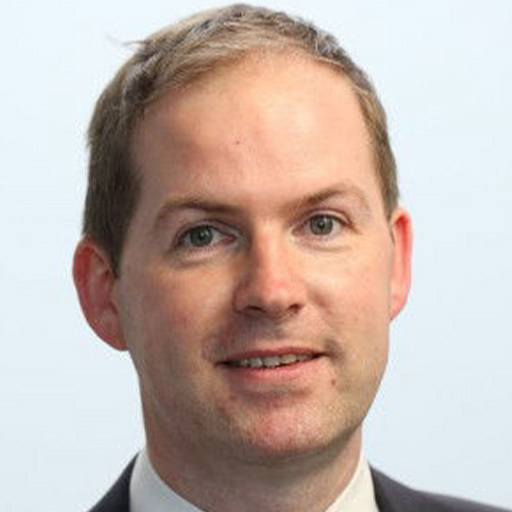
Professor Darren Ashcroft
GPA Research Director
|
I am very pleased to report that we have continued to make steady progress with our GPA research programme despite the many challenges presented by the COVID-19 pandemic. Recently, the work led by Cristóbal Lecaros and Claudia De la Cruz to examine the incidence of psoriasis in Chile has been published in Clinical and Experimental Dermatology which you can view here: https://onlinelibrary.wiley.com/doi/10.1111/bjd.20096. Building on this, we are now finalising a new paper focussed on understanding the burden of co-morbidity in people with psoriasis in Chile. This is hugely important work and another major achievement for the GPA; and we look forward to sharing details of this paper once published.
|
|
Several of our GPA Regional Coordinators have also published additional important papers focussed on the epidemiology of psoriasis in recent months too. April Armstrong has recently examined the prevalence of psoriasis among adults in the US using the 2003-2004 National Health and Nutrition Examination Survey (NHANES) data, reporting that psoriasis affects 3.0% of the US adult population, or more than 7.5 million adults: https://jamanetwork.com/journals/jamadermatology/article-abstract/2781378. Alexander Egeberg and colleagues have recently examined the test-retest accuracy of questionnaires on psoriasis and atopic dermatitis for measuring prevalence in an adult population. This study found that asking people about a history of psoriasis may be useful for assessing psoriasis prevalence, but a questionnaire does not appear to be a reliable method for assessing atopic dermatitis prevalence among adults: https://jamanetwork.com/journals/jamadermatology/article-abstract/2781705
|
|
Finally, Alex Trafford, one of our GPA PhD students, has recently published a new study examining the concordance and timing of cancer recording between primary care, hospital and death registration data for people with psoriasis: https://journals.plos.org/plosone/article?id=10.1371/journal.pone.0254661. This study underpins our programme of work examining cancer incidence and mortality in people with psoriasis that we will report on later in the year involving cohort studies conducted in Denmark, Israel, Taiwan and the United Kingdom. We are very grateful for the valuable contributions made by all our international collaborators to make this work possible. |
Medical Coordinator Update
IRASPEN

PD Dr Julia-Tatjana Maul
GPA Medical Coordinator
|
The IRASPEN-Registry is a global, prospective registry, investigating the genotype-phenotype correlation of pustular psoriasis (PP). IRASPEN comprises the prospective collection of data and biological material from multiple, global sites: https://www.iraspen.org/
|
|
Objectives of the registry |
|
|
Primary and secondary endpoints |
|
|
The variable of primary interest (corresponding to an endpoint in a clinical trial) is the PGA / IGA severity grade, and as it is an observational study, both the first as well as all other visits are relevant.
|
|
PD Dr Maul is keen for all GPA Regional Coordinators and dermatologists from around the world to contribute to the study. The electronic case report form, information on ethical approval and reimbursement for the study can be provided on request. For further information, please contact: Julia-Tatjana.Maul@usz.ch |
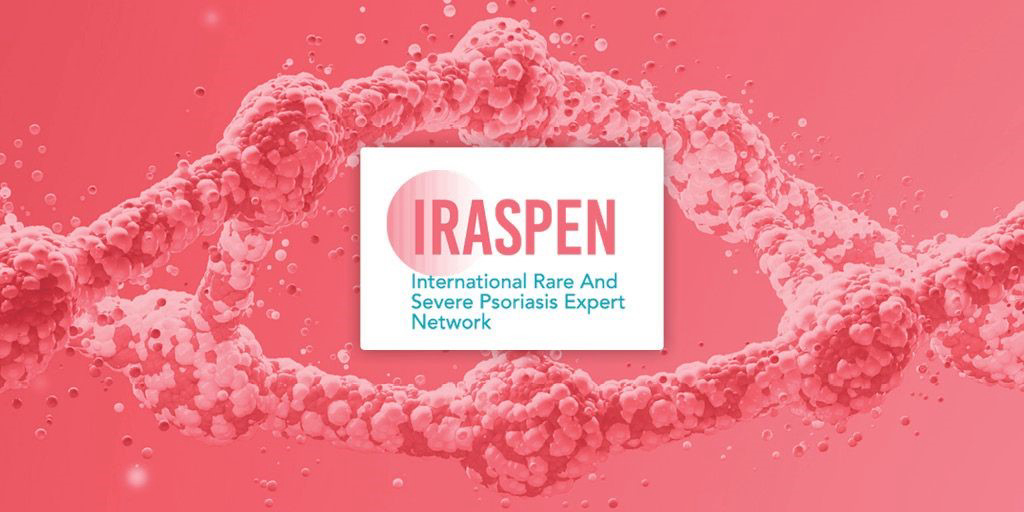
GPA Healthcare Survey
|
The purpose of the GPA survey is to enable further mapping of psoriasis on a local and regional level and to help us gain a better understanding of common psoriasis characteristics:
|
|
|
Over the past few months, PD Dr Maul and GPA Programme Manager, Rebekah Swan, have participated in individual calls with many of our Regional and National Coordinators in order to provide guidance on the planned rollout of the GPA survey and to collect feedback on the tool. During this important phase of work, we are asking our Regional Coordinators to work with us to identify National Coordinators in their regions who can assist with dissemination of the surveys, thus widening the GPA research network. We would like to thank you for your engagement with this process and for your hard work in identifying potential National Coordinators in your regions. This is a truly exciting phase of work and we are delighted by the response globally, especially in the African region. We would like to take this opportunity to thank Professor Ncoza Dlova for her efforts to identify colleagues with an interest in the work of the GPA.
|
|
PD Dr Maul is in the process of providing information to our colleagues regarding the ethical approval process and we will be in contact again once PD Dr Maul has finished revising the tool based on the feedback received. If you require any further information, or would like to arrange a call please contact: Rebekah.swan@manchester.ac.uk |
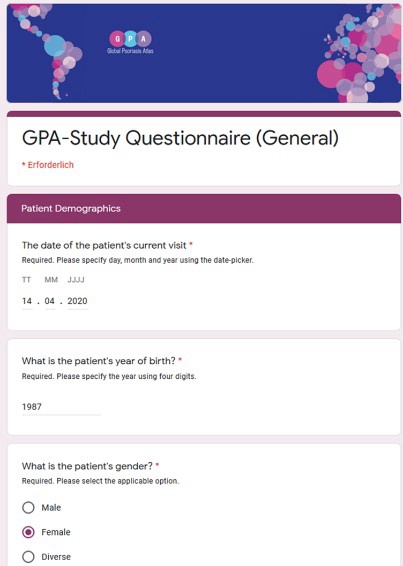
Regional Coordinator Update(s)

Ncoza Dlova
South African Regional Coordinator
|
As the African continent Regional Coordinator, I am pleased to state that we have been able to garner a lot of interest from our dermatology colleagues in Africa. We had virtual meetings wherein the leadership of the GPA were able to meet with the African interest group, introduce the concept of GPA and how we plan to embark on the contemplated work in Africa.
|
|
We had more than 7 African countries showing interest in the psoriasis epidemiological studies, including South Africa, Nigeria, Senegal, Madagascar and Tanzania. All the dermatologists found the GPA initiative to be an excellent project as it creates opportunities for epidemiological data on psoriasis to be established in countries where there are limited resources and funding for such research would otherwise be limited. This was also seen to generate opportunities for our residents and young consultants to pursue their masters and doctoral studies using the same database that would be created. |
The 6th World Psoriasis and Psoriatic Arthritis Conference
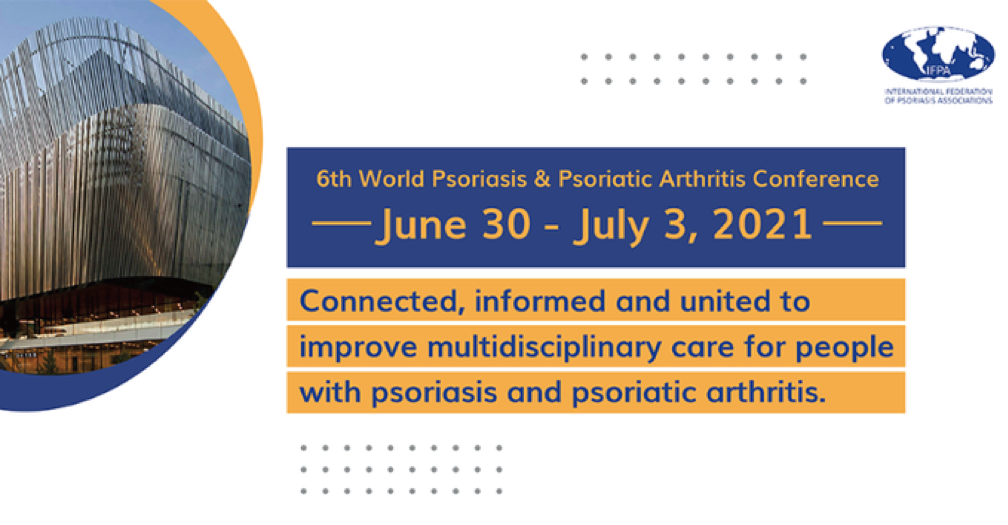
The official theme of the 6th World Psoriasis and Psoriatic Arthritis Conference 2021 was ‘’Connected, informed and united to improve multidisciplinary care for people with psoriasis and psoriatic arthritis’’. Professor Griffiths gave an overview of the GPA collaborations and recalled our time in Tanzania, highlighting the importance of obtaining psoriasis data in countries where such data are lacking. Professor Ashcroft updated on the GPA research projects, sharing information on our collaboration with GPA Regional Coordinator, Claudia de La Cruz and colleague Cristobal Lecaros, resulting in the first psoriasis incidence data for Chile.
Maha Abo-Tabik’s Poster Presentation
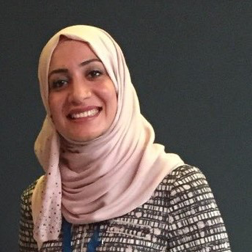
GPA PhD student, Maha Abo-Tabik presented her poster titled “Mapping opportunities for the earlier diagnosis of psoriasis in primary care” at the 6th World Psoriasis and Psoriatic Arthritis Conference. You can view her poster here: https://bit.ly/3Al8uYN
Congratulations to Alex Trafford for New Publication

Congratulations to GPA PhD student, Alex Trafford, for the publication of his paper “Concordance and timing in recording cancer events in primary care, hospital and mortality records for patients with and without psoriasis: A population-based cohort study” in the PLOS ONE. You can read the paper here:
https://journals.plos.org/plosone/article?id=10.1371/journal.pone.0254661
PsoProtect & PsoProtectMe Update
|
PsoProtect is a registry for healthcare professionals to report cases of COVID-19 in psoriasis patients. So far, 1147 cases have been reported and, out of these cases, 15% were hospitalised and 93% made a full recovery. PsoProtect’s publication in the British Journal of Dermatology found that greater risk‐mitigating behaviour among people with immune‐mediated inflammatory diseases receiving targeted therapies may contribute to the reported lower risk of adverse COVID‐19 outcomes. Explore the data here: https://psoprotect.org/current-data/
|
|
PsoProtectMe is a registry for people with psoriasis to report how they have been affected by the pandemic, whether they’ve had COVID-19 or not. So far, 4501 participants have completed the survey and 11% of participants had been diagnosed with COVID-19. 1834 participants felt that their psoriasis had worsened during the pandemic, 1680 felt that it had stayed the same and 312 felt that it had improved. Explore the data here: https://psoprotectme.org/current-data/ |
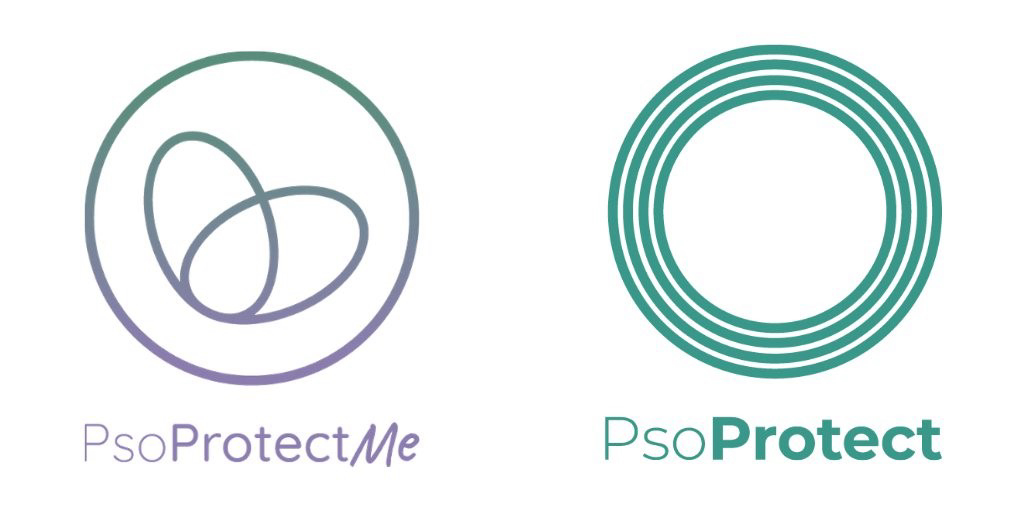
Ongoing Digital Developments
We are currently working with software consultancy company, Swiss4ward, on two important projects. Firstly, in collaboration with Lis Cordingley, we are developing the PsoWell resources into a web app to enable access for psoriasis patients around the world. These resources include information on diagnosis, treatments, and lifestyles and behaviour changes.

Secondly, we are developing GPA PhD student, Maha Abo-Tabik’s psoriasis training tool. The training tool aims to improve the diagnostic skills of primary care professionals for psoriasis. This educational resource will be based on the findings from our recent e-Delphi study. We aim to test the effectiveness of the newly developed training tool in an online study.
GPA Website Spanish Translation
We are pleased to announce that the GPA website and all accompanying resources are in the process of being translated to Spanish by the Big Translation Agency. We would be very grateful if some of our Spanish speaking Regional and National Coordinators could review the translation of the website before it goes live to ensure that it reads correctly and makes sense. If you would like to review the website, please email jade.kelly@manchester.co.uk
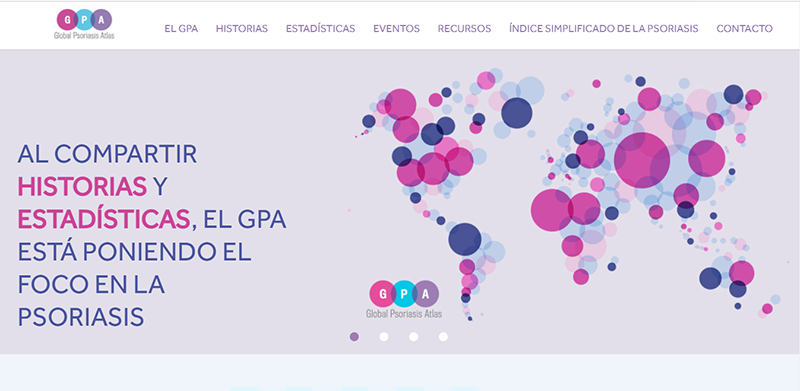
Working with Platform Worldwide
|
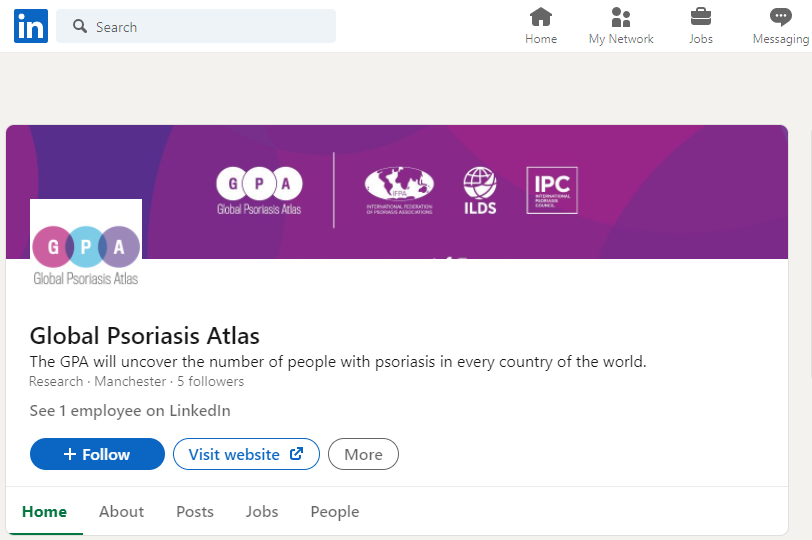
IPC Global Webinar Series: Webinar No. 2
The second in a series of five webinars developed around the theme of “Current Knowledge & Future Directions in Psoriasis,” this program will focus on what registries have taught us on stratification in treatment, big data and psoriasis in the next five years, and artificial intelligence – what we can expect five years from now. These webinars are designed for anyone who treats psoriasis patients and is free! https://www.psoriasiscouncil.org/global-webinars.htm
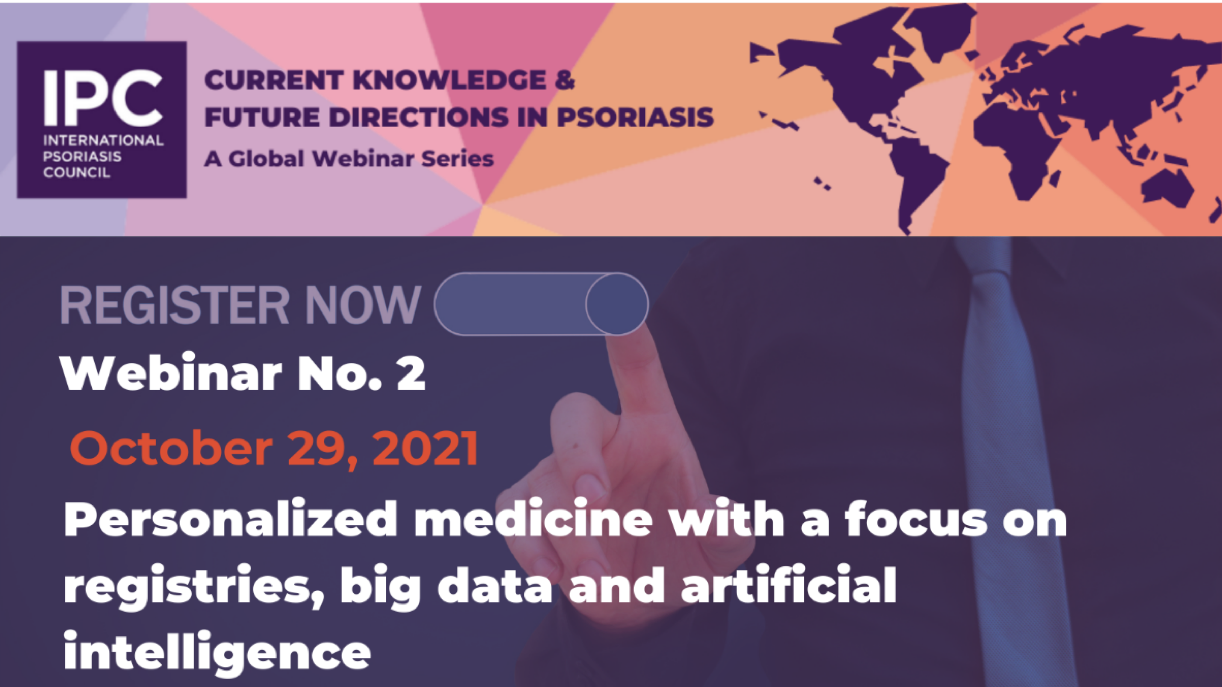
Upcoming Meetings
- Thursday 12th August – the GPA team will meet with the LEO Foundation to provide an update on project progress.
